Swimming Pool Junction Box: Comprehensive Guide
Contents
- Introduction
- Purpose of a Swimming Pool Junction Box
- Types of Junction Boxes
- Standard Junction Boxes
- Weatherproof Junction Boxes
- Underground Junction Boxes
- Customizable Junction Boxes
- Key Features
- Material and Durability
- Size and Capacity
- Electrical Safety and Compliance
- Ease of Installation and Maintenance
- Benefits
- Enhanced Electrical Safety
- Organized Wiring Management
- Protection from Environmental Factors
- Compliance with Electrical Codes
- Applications
- Residential Pools
- Commercial Pools
- Public Pool Facilities
- Installation
- Pre-Installation Considerations
- Step-by-Step Installation Guide
- Maintenance and Care
- Routine Inspection
- Troubleshooting Common Issues
- Advantages of Junction Boxes
- Improved Electrical Organization
- Reduced Risk of Electrical Failures
- Customer Reviews and Feedback
- Conclusion
1. Introduction
A swimming pool junction-box is a crucial component in the electrical system of a pool, designed to manage and protect the electrical connections and wiring that power various pool equipment. This box acts as a central hub where electrical wires converge, providing a safe and organized environment for electrical connections. It is essential for ensuring the safe operation of pool lighting, pumps, heaters, and other electrical devices. This guide explores the purpose, types, features, benefits, and practical aspects of installing and maintaining a swimming pool junction box.
2. Purpose of a Swimming Pool Junction Box
The primary purpose of a swimming pool junction-box is to facilitate safe and organized electrical connections for pool-related equipment. It serves as a centralized location for connecting and protecting wires, helping to prevent electrical faults and ensuring reliable operation of pool systems. By housing and securing electrical connections, the junction box minimizes the risk of short circuits, electrical shocks, and other hazards that can arise from exposed or improperly connected wiring.
3. Types of Junction Boxes
Standard Junction Boxes
Standard junction-boxes are typically used for general electrical connections in pools. They are designed to house and protect electrical wires and connections, providing a secure environment for wiring. Standard junction-boxes are usually made from durable materials such as plastic or metal and are suitable for most residential and commercial pool applications.
Weatherproof Junction Boxes
Weatherproof junction-boxes are specifically designed to withstand harsh environmental conditions. They are constructed from materials that resist water, UV radiation, and other environmental factors, making them ideal for outdoor use. Weatherproof junction-boxes are essential for pools located in areas with high humidity or frequent exposure to rain and sunlight.
Underground Junction Boxes
Underground junction-boxes are installed below ground level and are used to manage electrical connections that are buried or concealed. These boxes are designed to be buried in soil or concrete, providing a secure and weather-resistant environment for underground wiring. They are often used for pool lighting or other equipment that requires wiring to be hidden from view.
Customizable Junction Boxes
Customizable junction-boxes offer flexibility in terms of size, configuration, and features. These boxes can be tailored to meet specific needs or accommodate unique electrical setups. Customizable junction boxes are often used in large or complex pool installations where standard options may not be sufficient.
4. Key Features
Material and Durability
Junction-boxes are typically made from materials such as high-grade plastic, fiberglass, or metal. The choice of material affects the box’s durability, resistance to environmental factors, and overall lifespan. High-quality materials ensure that the junction box can withstand exposure to water, chemicals, and physical impact, maintaining its functionality and safety over time.
Size and Capacity
The size and capacity of a junction box are important considerations for ensuring it can accommodate the number of wires and connections required. Junction boxes come in various sizes, from small units designed for minimal connections to larger boxes that can handle multiple circuits. Choosing the right size ensures that the box can manage the electrical load and provide adequate space for wiring.
Electrical Safety and Compliance
Electrical safety is a critical aspect of junction box design. Junction-boxes must meet specific safety standards and electrical codes to ensure they provide adequate protection and prevent hazards. Features such as secure latching mechanisms, proper insulation, and compliance with local electrical codes contribute to the safe operation of the electrical system.
Ease of Installation and Maintenance
Ease of installation and maintenance is an important feature of junction-boxes. Many boxes are designed with user-friendly features such as pre-drilled mounting holes, accessible wiring compartments, and clear labeling. These features facilitate straightforward installation and make it easier to access and maintain the electrical connections.
5. Benefits
Enhanced Electrical Safety
One of the primary benefits of a junction-box is enhanced electrical safety. By housing and protecting electrical connections, the junction box reduces the risk of electrical faults, short circuits, and exposure to live wires. Properly installed junction boxes contribute to a safer pool environment for both users and maintenance personnel.
Organized Wiring Management
A junction-box provides an organized environment for managing electrical wiring. It helps to prevent tangling and damage to wires, making it easier to identify and address any issues. Organized wiring management also simplifies troubleshooting and maintenance tasks, contributing to the overall efficiency of the electrical system.
Protection from Environmental Factors
Weatherproof and underground junction-boxes offer protection from environmental factors such as water, dust, and UV radiation. This protection helps to extend the lifespan of the electrical components and ensures reliable operation even in challenging conditions. Properly protected wiring is less likely to suffer from corrosion or damage.
Compliance with Electrical Codes
Junction boxes are designed to comply with electrical codes and safety standards. Compliance ensures that the electrical system meets regulatory requirements and operates safely. Using junction-boxes that adhere to these standards helps to avoid potential legal and safety issues.
6. Applications
Residential Pools
In residential pools, junction-boxes manage connections for pool lighting, pumps, heaters, and other equipment. They provide a safe and organized way to handle electrical wiring, contributing to the efficient and reliable operation of the pool’s electrical system.
Commercial Pools
For commercial pools, junction-boxes handle more complex electrical setups that may include multiple circuits and extensive wiring. They provide a central location for managing connections and ensure that the electrical system remains organized and safe.
Public Pool Facilities
Public pool facilities often require junction-boxes to manage a large number of electrical connections for various systems. Junction boxes help to maintain a well-organized and safe electrical infrastructure, supporting the efficient operation of public pools and ensuring compliance with safety regulations.
7. Installation
Pre-Installation Considerations
Before installing a junction box, consider the following factors:
- Location: Choose a location that allows for easy access and installation while ensuring the box is protected from environmental factors.
- Wiring Requirements: Determine the number and type of wires that will be connected to the junction box to ensure it has adequate capacity.
- Compliance: Verify that the junction-box meets local electrical codes and safety standards.
Step-by-Step Installation Guide
- Prepare the Installation Area: Clear the installation area of any debris or obstructions. Ensure that the surface is suitable for mounting the junction box.
- Mount the Junction Box: Securely mount the junction box using appropriate fasteners and tools. Ensure that it is level and properly aligned.
- Connect the Wires: Insert the wires into the junction box and make the necessary connections. Follow the manufacturer’s instructions and electrical codes for proper wiring practices.
- Secure the Cover: Once the wiring is complete, secure the cover of the junction box to protect the connections. Ensure that the cover is properly sealed to prevent water or debris ingress.
- Test the System: Turn on the power and test the electrical system to ensure that all connections are functioning correctly. Check for any issues and make adjustments as needed.
8. Maintenance and Care
Routine Inspection
Regular inspection of the junction-box is important for maintaining its functionality and safety. Check for signs of wear, corrosion, or damage to the box and its components. Ensure that all connections are secure and that the cover is properly sealed.
Troubleshooting Common Issues
Common issues with junction boxes may include:
- Loose Connections: Tighten any loose connections to ensure proper electrical contact and prevent potential hazards.
- Corrosion: Clean any corrosion or buildup from the box and its components. Replace any damaged parts as needed.
- Water Ingress: If water has entered the junction box, inspect the seal and cover for damage and make necessary repairs to prevent further ingress.
9. Advantages of Junction Boxes
Improved Electrical Organization
Junction boxes enhance electrical organization by providing a central location for managing wiring connections. This organization helps to prevent tangling and damage, making it easier to maintain and troubleshoot the electrical system.
Reduced Risk of Electrical Failures
By protecting and organizing electrical connections, junction-boxes reduce the risk of electrical failures such as short circuits and overheating. Properly installed and maintained junction boxes contribute to the overall safety and reliability of the electrical system.
10. Customer Reviews and Feedback
Customer reviews for swimming pool junction boxes often highlight their effectiveness in managing and protecting electrical connections. Users appreciate the safety and organization provided by the junction-boxes, as well as their durability and ease of installation. Positive feedback often mentions the improved performance and reliability of the electrical system when using a high-quality junction-box.
11. Conclusion
A swimming pool junction-box is an essential component for managing and protecting electrical connections in a pool setting. With various types available, including standard, weatherproof, underground, and customizable options, there is a junction box to meet every need. The key features, benefits, and practical considerations outlined in this guide emphasize the importance of selecting the right junction-box for your pool’s electrical system. Proper installation and maintenance ensure that the junction box continues to provide safe and efficient management of electrical connections, contributing to the overall functionality and safety of the pool.









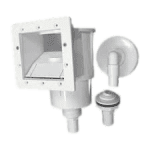


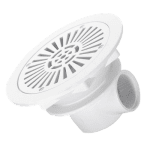






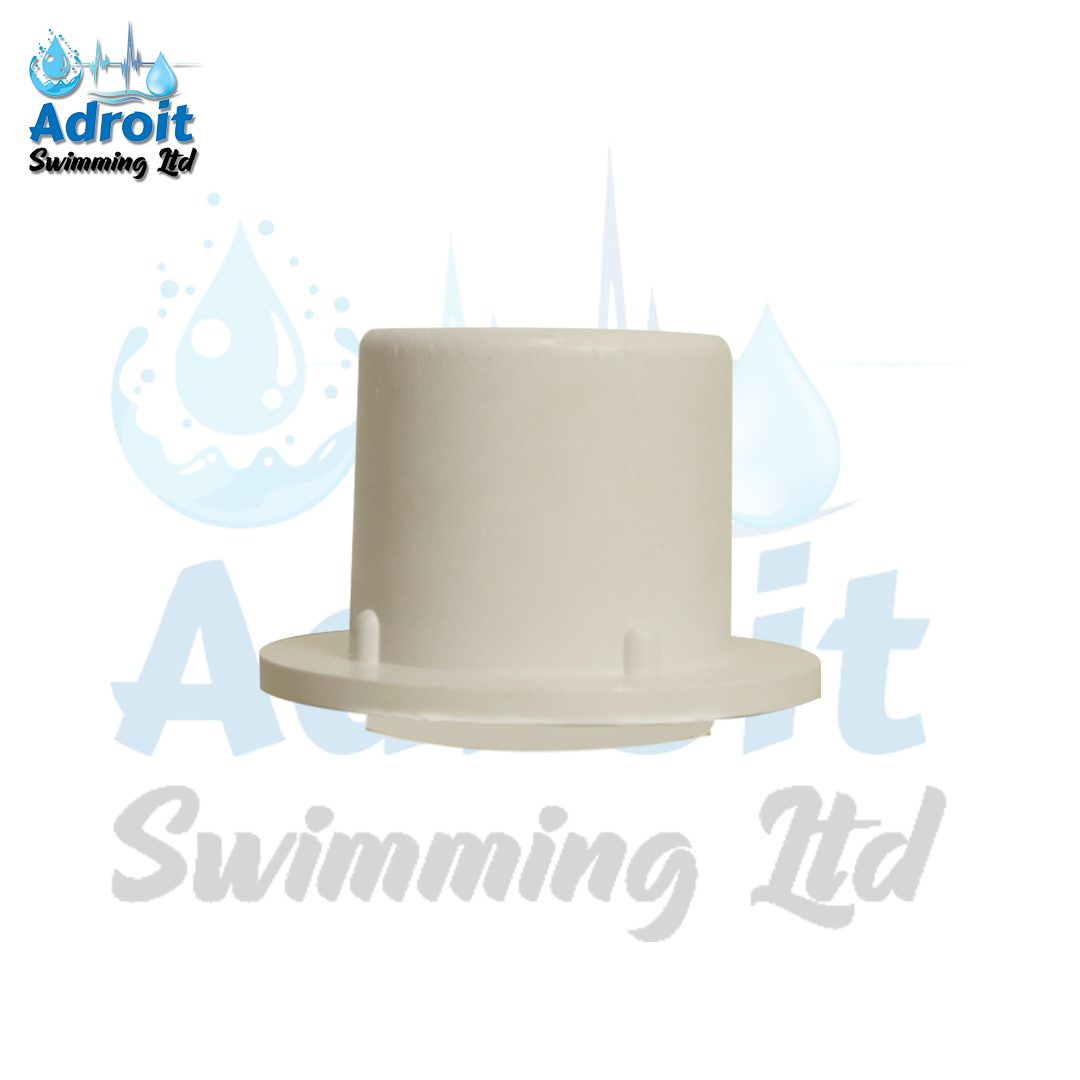
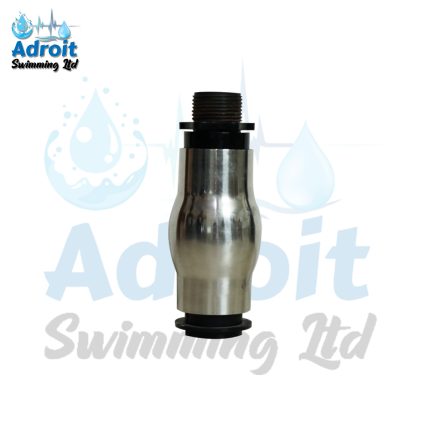

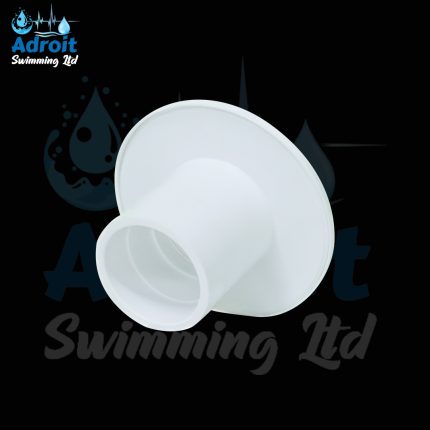
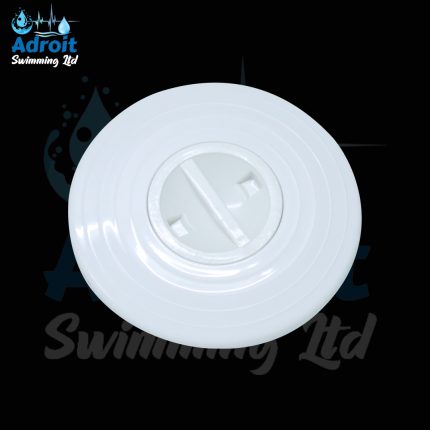
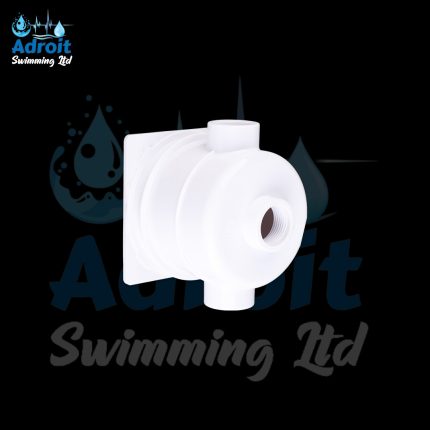
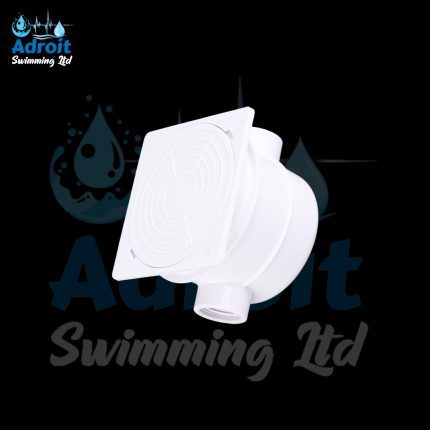
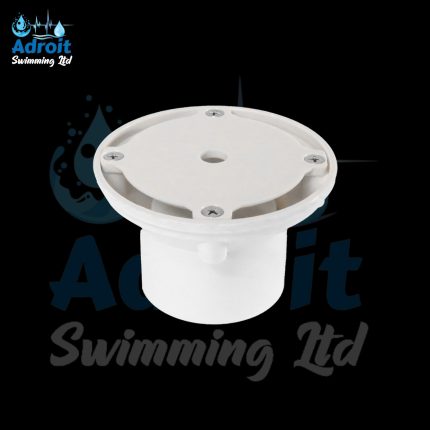
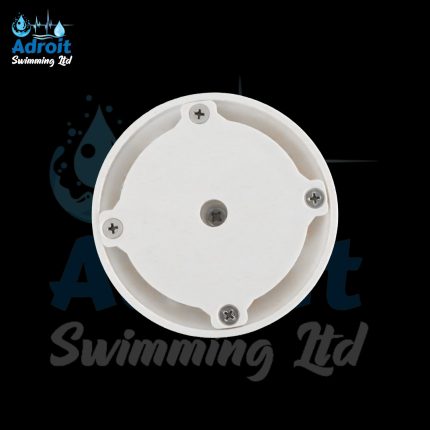
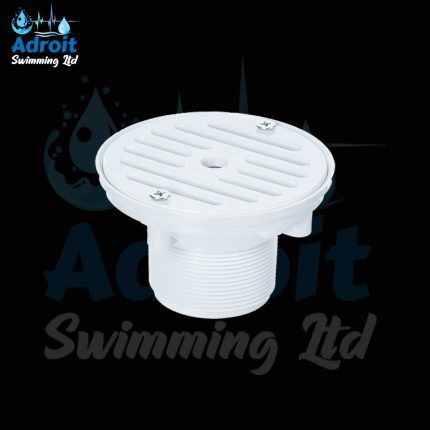
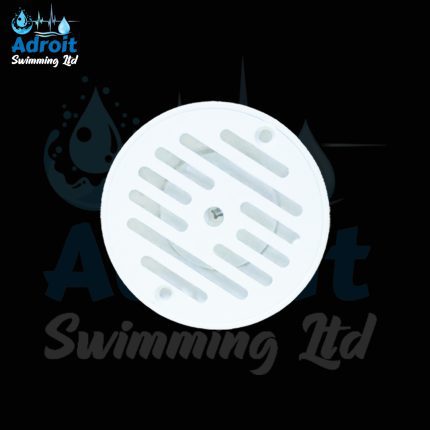
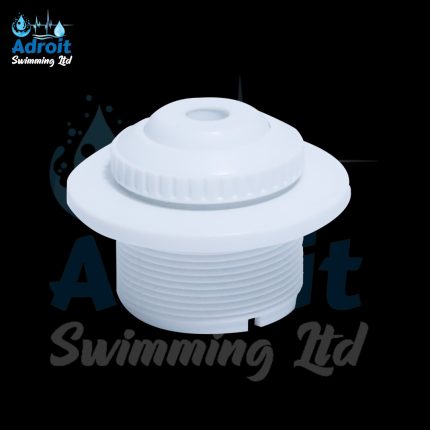
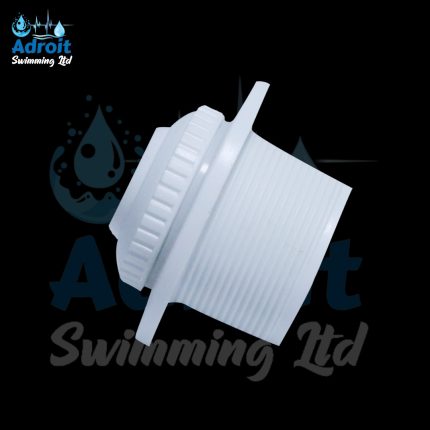
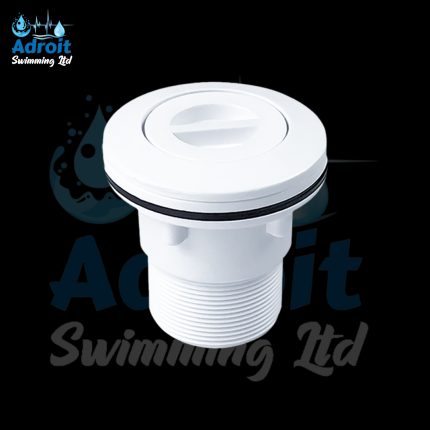
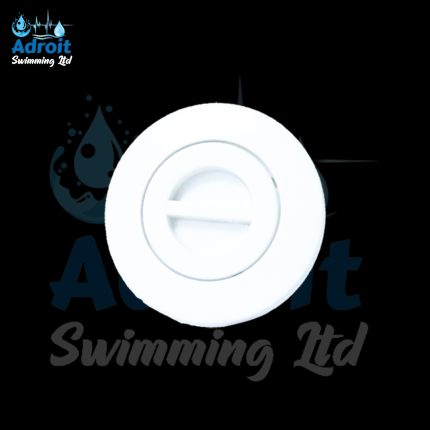
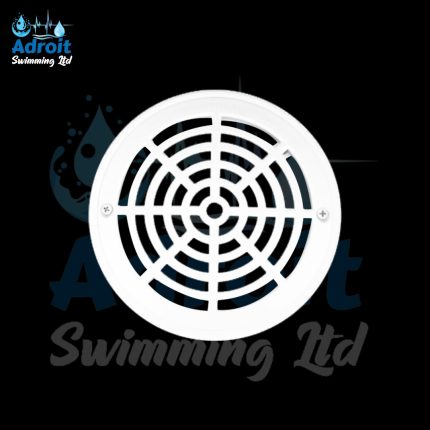
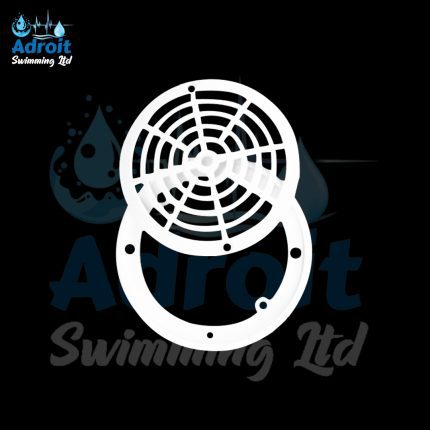
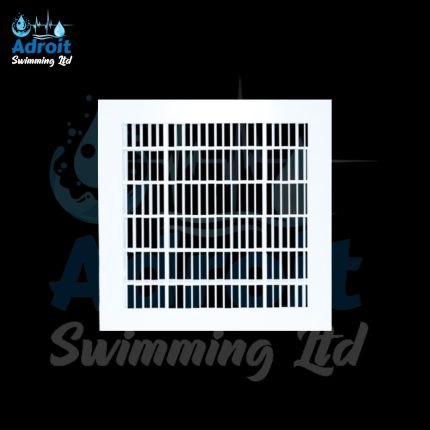
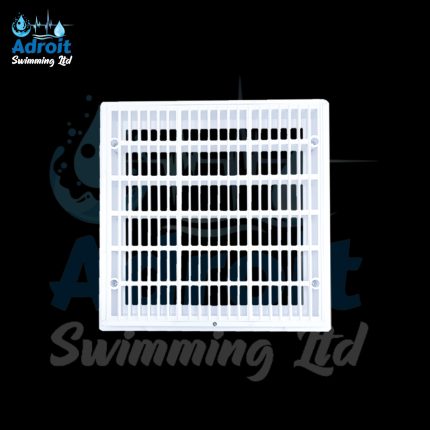
Reviews
There are no reviews yet.